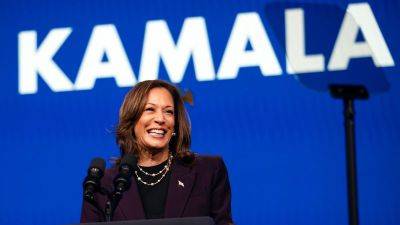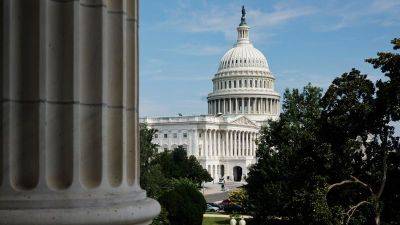Why a landmark kids online safety bill that just passed the Senate is still deeply divisive
On Tuesday, the Senate passed a pair of bills that could drastically change how the government regulates tech companies and child safety.
The bills, called the Kids Online Safety Act (KOSA) and the Children and Teens’ Online Privacy Protection Act (COPPA 2.0), passed with a strong bipartisan consensus, 91-3.
Despite the support from the Senate, the legislation — aimed at empowering the Federal Trade Commission to better protect American kids’ privacy and safety online — remains deeply divisive within the tech community and among various interest groups.
The bills, which have been floated in various forms for years, now stand a greater chance than ever before to become law. While the House has recessed until September, Speaker Mike Johnson, R-La., told reporters Thursday that he would support KOSA. President Joe Biden appears likely to sign the bills after calling for bipartisan legislation to protect kids’ online safety and privacy online in his State of the Union speech.
While COPPA has been broadly celebrated as an overdue improvement to the country’s meager digital privacy protections, KOSA has been mired in controversy for years.
COPPA 2.0
COPPA 2.0 has faced few critics outside of the advertising industry. It updates a 1998 law that tried to set baseline privacy protections for American children by prohibiting websites from knowingly collecting information on children 12 or younger without their parents’ permission. Since it took effect in 2000, the FTC has settled several dozen lawsuits with companies that it alleged collected or stored basic information on children such as their names, ages, addresses and personal interests without parental consent.
The updated COPPA has three key changes.
It would raise the







